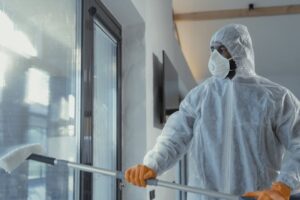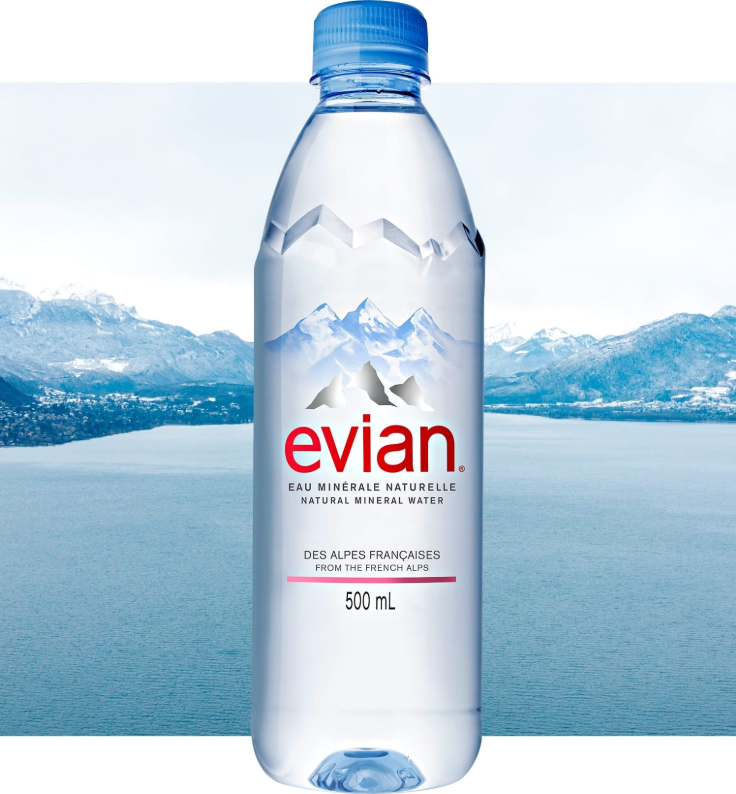When faced with the chaotic aftermath of a traumatic event like suicide, ensuring safety and sanitation during the cleanup process is paramount. Handling such situations requires more than just physical cleaning – it demands a meticulous approach that prioritizes both hygiene and emotional well-being. If you’re unfortunately tasked with cleaning up after a suicide, note that it’s best to leave the job to trained professionals. They have the necessary equipment, experience, and compassion to handle the situation effectively. But why should you rely on a professional suicide cleanup service? What makes them the best bet in such situations? Here are some reasons why hiring a professional suicide cleanup service is the right choice.
Wearing Personal Protective Equipment (PPE)
 Personal Protective Equipment (PPE) is the first line of defense when it comes to ensuring safety during suicide cleanup. This gear includes items like gloves, masks, goggles, and coveralls that shield cleaners from biohazards and bodily fluids. Wearing PPE not only protects against physical risks but also minimizes exposure to harmful pathogens present at the scene.
Personal Protective Equipment (PPE) is the first line of defense when it comes to ensuring safety during suicide cleanup. This gear includes items like gloves, masks, goggles, and coveralls that shield cleaners from biohazards and bodily fluids. Wearing PPE not only protects against physical risks but also minimizes exposure to harmful pathogens present at the scene.
Properly fitting PPE is crucial to prevent any gaps that could compromise protection. Gloves should be durable enough to withstand punctures and tears, while masks must filter out contaminants in the air. Goggles are essential for safeguarding the eyes from splashes or aerosols, adding an extra layer of security. Cleaners should follow strict protocols for donning and doffing equipment to maintain a hygienic environment throughout the cleanup process.
Using Hospital-Grade Disinfectants and EPA-Approved Cleaning Agents
These powerful solutions are specifically designed to get rid of harmful pathogens and bacteria that may be present at the scene. Hospital-grade disinfectants are formulated to effectively kill germs on various surfaces, ensuring thorough sanitation. By choosing products approved by the Environmental Protection Agency (EPA), you can trust that they have been rigorously tested for safety and effectiveness. These cleaning agents not only remove visible traces of blood or bodily fluids but also target microscopic contaminants that pose health risks. This level of cleanliness is essential in stopping the spread of infectious diseases for both occupants and future occupants of the space.
Proper Waste Disposal
After the cleaning process is complete, disposing of biohazardous waste in a very safe and compliant manner is essential for ensuring the safety of both cleanup technicians and the environment. Biohazardous waste includes items like blood-soaked materials, tissues, bodily fluids, and contaminated personal protective equipment. These must be carefully packaged in leak-proof containers labeled with biohazard symbols before being transported for disposal at designated facilities. Professional cleanup companies adhere to strict regulations set by local authorities and environmental agencies when it comes to disposing of biohazardous waste. Following these guidelines ensures that potentially infectious materials are properly contained and managed to prevent any health risks or contamination.
Adhering to Strict Decontamination Protocols
When it comes to suicide cleanup, adherence to strict decontamination protocols is essential for ensuring the safety and well-being of everyone involved. Dealing with biohazardous materials requires meticulous attention to detail and following established guidelines to prevent the spread of contaminants. Proper decontamination involves thorough cleaning and disinfection of all affected areas using specialized equipment and techniques. This process not only eliminates visible traces of blood or bodily fluids but also addresses invisible pathogens that may pose health risks if left unchecked.
Ensuring safety and sanitation in suicide cleanup is crucial for the well-being of both the individuals involved in the cleanup process and the surrounding environment. However, professional help is always available for specialized cleaning services to handle sensitive situations like suicide cleanup. Prioritizing safety and sanitation not only protects your health but also contributes to a cleaner and healthier living space for everyone involved.


